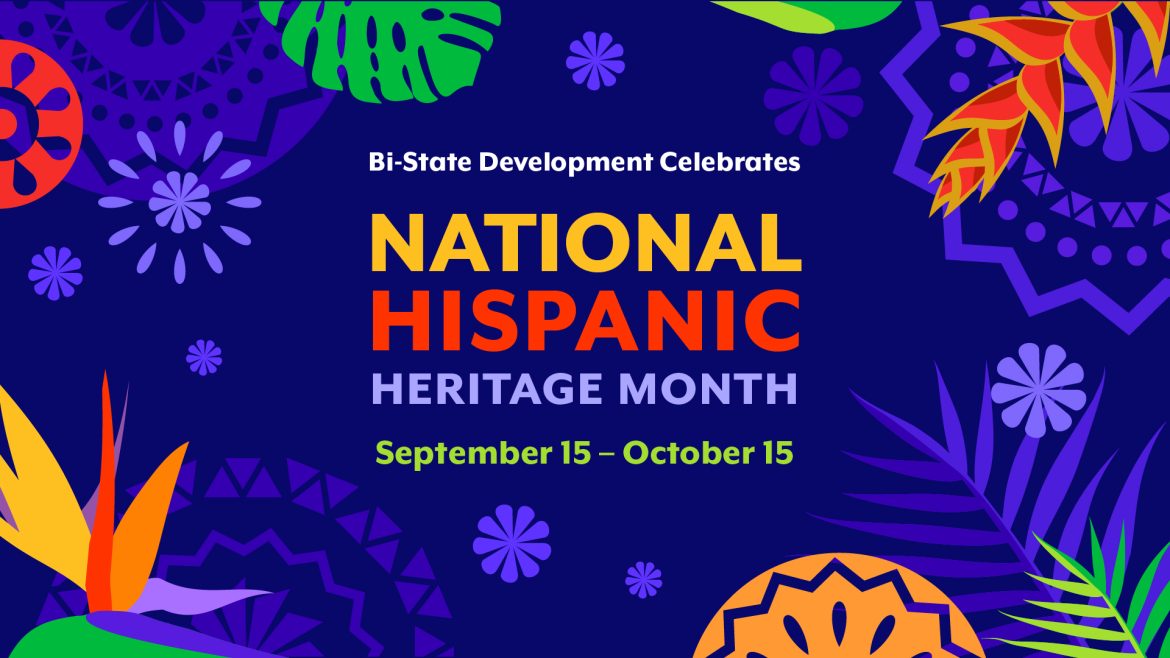
Over the last few weeks, we have taken a closer look at several famous Hispanic-Americans and their amazing achievements and contributions. We are going to end the month by taking a look at four individuals that are not as well known – but who have all made a lasting impact:
Pura Belpré | Educator, Librarian
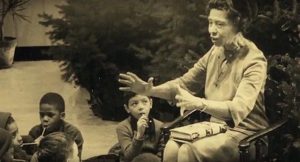 Pura Belpré (1899-1982) was a pioneering Puerto Rican author, storyteller, and librarian who left an indelible mark on the world of children’s literature and the promotion of Latinx culture in the United States. Born in Cidra, Puerto Rico, Belpré’s journey is one of resilience, creativity, and cultural advocacy.
Pura Belpré (1899-1982) was a pioneering Puerto Rican author, storyteller, and librarian who left an indelible mark on the world of children’s literature and the promotion of Latinx culture in the United States. Born in Cidra, Puerto Rico, Belpré’s journey is one of resilience, creativity, and cultural advocacy.
After migrating to New York City in the 1920s, Belpré became the first Puerto Rican librarian in the New York Public Library system, where she dedicated herself to making libraries more accessible and welcoming to Spanish-speaking communities. Her innovative use of storytelling, music, and puppetry brought stories to life for countless children, transcending language barriers and sparking a love for reading.
In addition to her work as a librarian and storyteller, Pura Belpré was an accomplished author and illustrator. She wrote several beloved children’s books, including “Pérez and Martina: A Puerto Rican Folktale,” “The Tiger and the Rabbit,” and “The Beautiful Lady: Our Lady of Guadalupe.” Her writing celebrated the rich cultural heritage of Puerto Rico and other Latin American countries, fostering pride in young readers of Latinx descent while introducing others to these vibrant traditions.
She was a trailblazer for Latinx representation in children’s literature and a champion for cultural diversity. In her honor, the American Library Association established the Pura Belpré Award, an annual recognition for outstanding Latinx authors and illustrators in children’s and young adult literature.
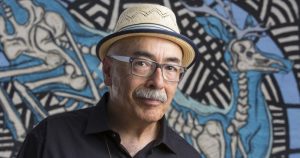 Juan Felipe Herrera, a prolific poet, writer, and educator, was born on December 27, 1948, in Fowler, California, Herrera’s life is characterized by a deep commitment to the power of language and its potential to effect positive change.
Juan Felipe Herrera, a prolific poet, writer, and educator, was born on December 27, 1948, in Fowler, California, Herrera’s life is characterized by a deep commitment to the power of language and its potential to effect positive change.
Herrera is widely recognized as a trailblazer in Chicano literature and a prominent figure in contemporary poetry. His poetry, often inspired by his Mexican-American heritage, explores themes of identity, cultural fusion, social justice, and the immigrant experience. His collection “187 Reasons Mexicanos Can’t Cross the Border” exemplifies his ability to combine personal narratives with universal themes.
In 2015, Juan Felipe Herrera made history when he became the first Latino to be named the U.S. Poet Laureate, a prestigious position he held for two consecutive terms. During his tenure, he used poetry to engage with a wide range of communities, emphasizing the importance of poetry as a tool for self-expression and understanding.
Juan Felipe Herrera has received numerous awards, including the National Book Critics Circle Award and the International Latino Book Award. His influence on Chicano and American literature is immeasurable, as he consistently challenges the boundaries of language and form to create art that speaks to the heart of societal issues.
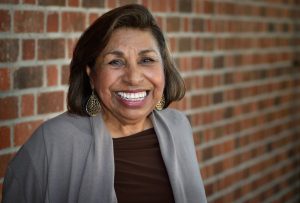 Sylvia Mendez is a civil rights activist and a pivotal figure in the history of educational equality and desegregation in the United States. Born in 1936 in Santa Ana, California, Mendez’s life is a testament to the fight for justice and equal access to quality education.
Sylvia Mendez is a civil rights activist and a pivotal figure in the history of educational equality and desegregation in the United States. Born in 1936 in Santa Ana, California, Mendez’s life is a testament to the fight for justice and equal access to quality education.
In 1944, Sylvia’s parents, Gonzalo and Felicitas Mendez, along with several other Mexican-American families, filed a groundbreaking lawsuit on behalf of their children, challenging the discriminatory practices of segregated schools in California. This case, Mendez v. Westminster School District, was a precursor to the more famous Brown v. Board of Education case. In 1947, the federal court ruled in favor of the Mendez family, declaring that segregating Mexican-American children from white students was unconstitutional. This landmark decision marked a significant step toward desegregating public schools in the United States.
Sylvia Mendez’s tireless advocacy for educational equality continued throughout her life. She has been an active voice in promoting civil rights, and she established the Mendez Foundation to ensure that her family’s story and the history of the struggle for educational equity would be preserved and shared with future generations.
In 2010, Sylvia Mendez was awarded the Presidential Medal of Freedom, the highest civilian honor in the United States, in recognition of her lifelong commitment to civil rights and her efforts to eradicate educational segregation. Her work has not only had a profound impact on the Latino community but also on the broader fight for equal rights and opportunities for all children in America.

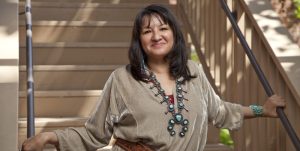 Sandra Cisneros, a pioneering Mexican-American writer, was born on December 20, 1954, in Chicago, Illinois. Her life and writing are characterized by a profound exploration of identity, cultural heritage, and the lives of marginalized communities. Cisneros is perhaps best known for her groundbreaking novel, “The House on Mango Street,” published in 1984. This poignant coming-of-age story revolves around a young Latina named Esperanza, navigating the challenges of her Chicago neighborhood. The novel’s lyrical prose and exploration of gender, race, and class have made it a seminal work in American literature and a powerful tool for addressing social and cultural issues.
Sandra Cisneros, a pioneering Mexican-American writer, was born on December 20, 1954, in Chicago, Illinois. Her life and writing are characterized by a profound exploration of identity, cultural heritage, and the lives of marginalized communities. Cisneros is perhaps best known for her groundbreaking novel, “The House on Mango Street,” published in 1984. This poignant coming-of-age story revolves around a young Latina named Esperanza, navigating the challenges of her Chicago neighborhood. The novel’s lyrical prose and exploration of gender, race, and class have made it a seminal work in American literature and a powerful tool for addressing social and cultural issues.